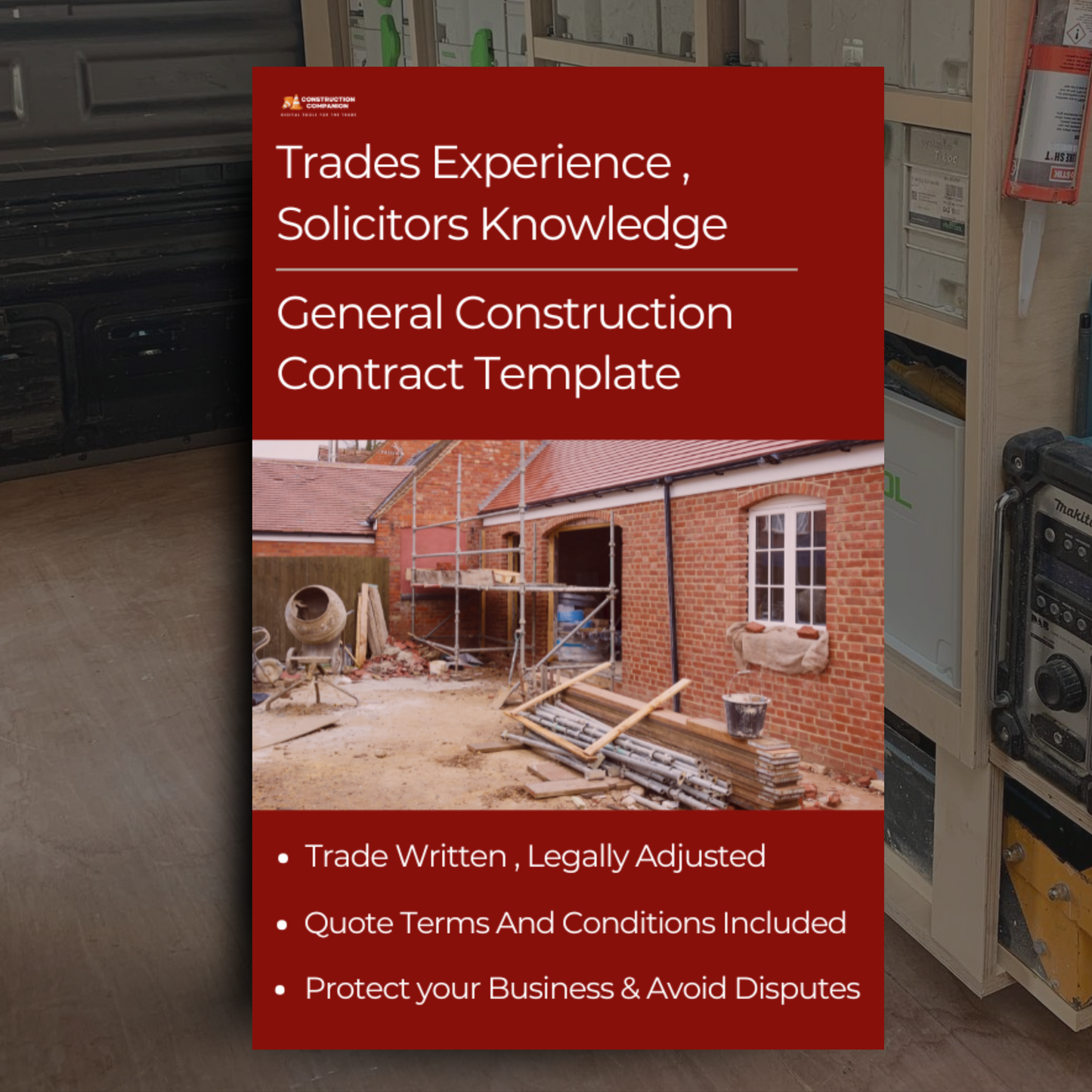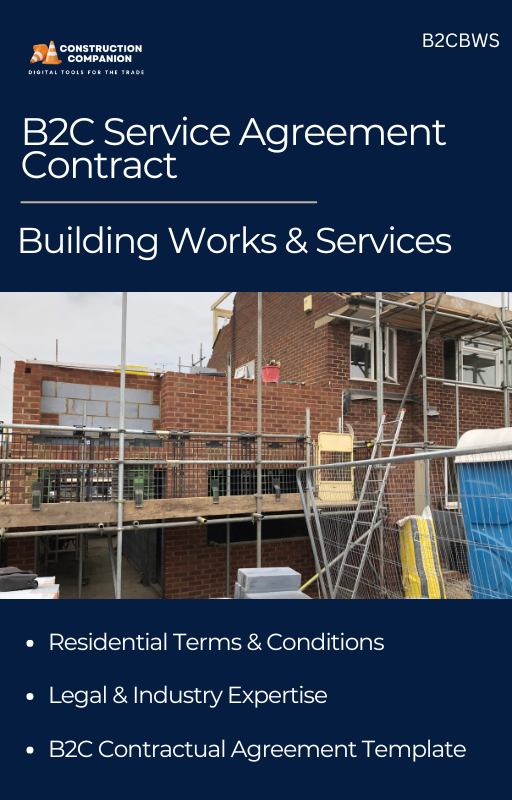How to Handle Customer Requests for a Detailed Material Breakdown
In the construction industry, it’s common for customers to ask for a breakdown of costs, especially when it comes to materials. While transparency is important, requests for an overly detailed breakdown—down to every nut, bolt, or cable—can become excessive and impractical. So, how do you professionally handle these requests while protecting your business interests? Here’s a guide to help you manage such situations effectively.
Why Customers Ask for a Breakdown
Customers usually ask for a breakdown because they want reassurance that they’re getting fair value. They might want to:
- Compare your quote with those of competitors.
- Ensure you’re not inflating material costs.
- Gain a better understanding of what’s involved in the job.
While these are reasonable concerns, it’s crucial to explain that your price isn’t just based on the raw cost of materials. It also includes your experience, labor, compliance with safety regulations, and overhead costs, all of which are essential for delivering a safe and high-quality result.
How to Respond to Requests for a Detailed Breakdown
Here’s a step-by-step approach to responding professionally without over-complicating things:
1. Offer a High-Level Breakdown
Instead of itemizing every single material, provide a summary of key cost categories. For example:
- Materials and supplies – 50%
- Labor and expertise – 40%
- Equipment, tools, and site preparation – 10%
This gives customers a clear understanding of where their money is going without exposing your profit margins or opening up room for unnecessary negotiations.
2. Explain the Scope of Your Service
Make it clear that you’re offering a complete service, not just selling raw materials. You can explain it like this:
"Our quote includes high-quality materials, professional labor, compliance with safety standards, and the assurance that the job will be completed to the highest standard. If you have specific concerns about any part of the quote, I’d be happy to discuss those with you."
This approach reinforces that your expertise, time, and professionalism are just as valuable as the materials you’re providing.
3. Emphasize the Value You Bring
Your customers need to understand that they’re paying for more than just parts—they’re paying for a professional service. Make sure to highlight:
- Your expertise and years of experience.
- Quality assurance and warranty on your work.
- Compliance with regulations, ensuring safety and durability.
- Time savings—you manage everything so they don’t have to.
By focusing on the value you provide, you can steer the conversation away from raw material costs.
4. Stay Polite but Firm
Sometimes, despite your best efforts, customers may continue to push for a highly detailed breakdown. In such cases, it’s important to stay professional but set clear boundaries. You could say:
"We’ve provided a detailed quote that covers the full scope of the work. If you’d like to proceed, we’re confident we can deliver a high-quality result. Let us know if you have any specific concerns, and we’ll be happy to address them."
This shows that you’re willing to engage in a discussion, but you won’t compromise your business practices.
When a Breakdown Might Be Appropriate
There are situations where providing a more detailed breakdown can be helpful, such as:
- Custom options: When the client wants to compare different materials (e.g., hardwood vs. laminate flooring).
- Design variations: When changes in design might affect material costs or labor time.
- Major renovations: For complex projects, a more detailed breakdown can help clarify scope and manage expectations.
In such cases, providing additional detail can actually build trust and improve communication.
Final Thoughts: Protect Your Business with Clear Contracts
Handling customer requests for a detailed material breakdown is a balancing act. You want to be transparent enough to build trust, but not so detailed that it complicates the process or opens the door to endless price haggling.
The best way to prevent misunderstandings is to start with a well-drafted construction contract. A clear contract outlines the scope of work, pricing structure, payment terms, and what’s included in the service—helping to manage customer expectations from the outset.
At Construction Companion, we offer a range of professional contract templates tailored for tradespeople, ensuring you’re protected while providing clarity to your clients. Whether you’re an electrician, builder, plumber, or any other trade professional, our templates help set the right tone and keep your projects on track.



















